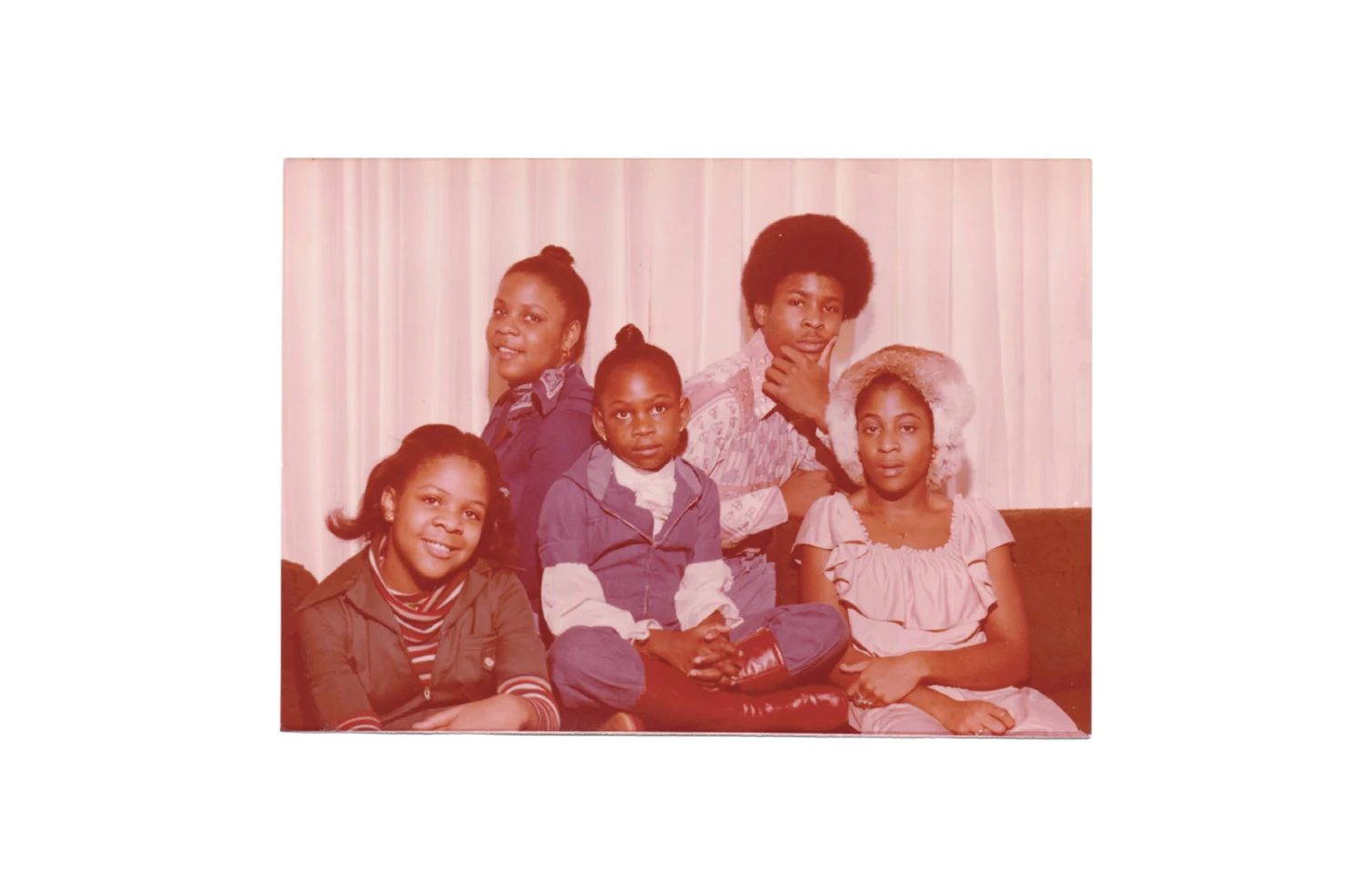katie
something I found and it’s beautiful
“We are afraid of the dark simply because we can't see what's there and we naturally assume the worst. When it comes to the dark, "better safe than sorry" turns out to mean "better paranoid and vigilant than murdered."
from Richard Rohr’s Daily Meditation from The Center for Action and Contemplation that receive in my inbox every morning. This week he focused on “Unknowing” and this is a quote that he shared from Bill Plotkin, a wilderness guide and author of Soulcraft: Crossing into the Mysteries of Nature and Psyche
where I see this in the bible: matthew 16:21-23
Then Jesus made it clear to his disciples that it was now necessary for him to go to Jerusalem, submit to an ordeal of suffering at the hands of the religious leaders, be killed, and then on the third day be raised up alive. Peter took him in hand, protesting, “Impossible, Master! That can never be!”
But Jesus didn’t swerve. “Peter, get out of my way. Satan, get lost. You have no idea how God works.”
how it relates to the conversation
Katie and I realized that most people want to have conversations about race. But many of us have been told (in unspoken words), “We don’t talk that.” So, we’re afraid of the dark. It’s like Plotkin wrote, “When it comes to the dark, ‘better safe than sorry’ turns out to mean ‘better paranoid and vigilant than murdered.’ But throughout the bible, whenever God encounters darkness, He speaks into it—and, it’s an act that sheds light. Each of us, being made in His image, must be willing to encounter darkness as well, and speak into it in order to shed light. But often, we are like Peter. We protest the darkness and in silent murmurs whisper to each other, “Impossible! That can never be!”
katie and me: the conversation
BCWFF:
What fear do you have about this conversation and these kinds of conversations?
KATIE:
Today specifically? Or just in general?
BCWWF:
Well, today specifically, and then in general.
KATIE:
Ooooh… today specifically—I mean we’re recording…
BCWWF laughs
KATIE:
So, I don’t want to be stupid forever.
BOTH laugh
BCWFF:
I cannot wait to put that in quotes. I’m not editing that out, “I don’t wanna be stupid forever.”
KATIE:
Well, it’s true. And, I think that just in the context of the broader conversation, I know that all I know is my own experience. I’m in the process of learning more about other people and their experience, their cultural experience, their racial experience, socioeconomic background—all that they bring to the table. It’s really not my heart to be offensive or to be hurtful or frustrating, and these kinds of conversations naturally include a little bit of that—of me messing up, or saying something inappropriate, or being wrong about something. It’s worth the process. It’s worth the outcome if we get to understand each other better. But, I don’t like that middle piece where there’s conflict or brokenness.
BCWWF:
I hate it… I really hate that middle piece too. But I think you’re right. They’re necessary.
I wanna talk a little be more about your childhood. What was the racial background of your childhood? What was the racial mix of your school, your church, your town? What did you hear your parents say or not say about race?
KATIE:
I grew up in a predominately white neighborhood. 90% white neighborhood. So throughout elementary school, all of my neighbors and friends and people I knew from school were mostly white. But then, I went to middle school and the scope of who I was going to school with was wider—there’s more people, more neighborhoods, more land covered. So, my middle school experience was very different because it pulled in a lot of other sections of our town.
BCWWF:
Right.
KATIE:
Then I went to high school. I looked at its stats for some reason recently, actually. And, I think it was like 25% white. So then, it was really different and I had a lot of friends that had different backgrounds—whether it was racial backgrounds, or cultural backgrounds or socioeconomic backgrounds. In college, even more so, because I went to UT (University of Texas). There’s a ton of international students from all over the world. But at home, I just don’t remember us talking about race a lot. I don’t remember my parents saying anything derogatory, or negative about other cultures or races which I think is probably really common in a lot of households—especially white households.
Whether it’s generational or cultural or what, I don’t know, but I think there was this kind of feeling that talking about it feels offensive or that talking about how someone’s different is wrong or rude. So, the only thing I really remember is when our high school opened, it was a big blend. The school pulled from the highest socioeconomic neighborhoods and the lowest socioeconomic neighborhoods. So, there were a lot of cultural and different experiences. There were a lot of parents really rebelling…
BCWWF:
Oh wow.
KATIE:
They were from the white neighborhoods, and not really wanting their kids to really go to that school. And media coverage can be kind of biased. They covered the story saying that there were all these drugs in the school and they sent cops in. I remember there was a fight one day that got pretty out of hand and the police were called in and there was a lot of news coverage. My parents were pretty upset and thought, “Maybe we should send you to this other school down the street.” It was where a lot of white parents in our neighborhood had sent their kids, and it was less diverse. I remember my dad, thinking mostly of my safety, saying, “I want you to be safe.”
BCWWF:
Absolutely. I can totally relate to wanting your kid to be safe.
KATIE:
So, he said, “Let’s go to this other school.” I was in 9th or 10th grade. I said, “But what are we going to do when I go out into the world? I need to be exposed to people who are different. I need to learn how to interact with people who are different. Aren’t there fights out in the real world? I need to know this. You can’t put me in this bubble.”
It was really important to me even then that I kept my friends. I didn’t want to be separated from them. That’s the only real experience that I remember saying, “No, this is important to me.” Other than that we didn’t really talk about race a lot.
BCWFF:
So what feelings on race give you trouble? What is something that you keep bumping into?
KATIE:
Well, I think that one of the hardest parts was at the beginning of this journey—and I would say that I am still at the beginning of understanding my whiteness. We’re so inundated with white culture. I’m still learning how to recognize it. In the beginning, some of those conversations were intimidating—still are to a certain extent. But, I think one of the most important, surprising things for me has been the receptiveness of my friends who are of different races, different backgrounds, or different cultures. Their receptiveness to the conversation has been so surprising.
When I approached friends of color and asked to have a conversation, or asked for recommendations, they embraced it. That was pleasantly surprising for me. I thought, “Whew! I can get better at this. I can learn about this.” It doesn’t have to mean that I ruin all my friendships with people who are not like me.
Another hard part for me is just being aware of how unaware I’ve been for so long. I thought I knew some of this and that I knew some of the rules. But, I don’t. There’s so much that I have been blissfully unaware of, and so many times that I can look back and go, “Man, that could have been offensive to that person. Or, I wish I had known what I was saying when I said this not knowing the impact it would have.”
Not realizing my whiteness that I’ve brought to the table has been the hardest part. I’m trying to be a student and give myself grace knowing that I’m gonna mess this up. But, I can only do the best I know with what I know now. I can’t beat myself up for something I said 10 years ago when I just didn’t know any better.
BCWWF:
It doesn’t help anyway.
KATIE:
The more I can say, “Okay let us become more aware, more educated and broaden my circle of influence in my life, the better.” And, I think the hard part now also becomes, “What do I do with that?” So, much of my circle is white. How do I lean into that? How do I gently inform people around me without coming off like a jerk and someone who just knows it all? Because, I certainly don’t know it all. But, how do I use what I do know, and not just hold onto it? That doesn’t do the maximum amount of good either. How do I call people around me to live differently, too? How do I show them what I’ve learned? How do I use my influence?
BCWWF:
Those are questions best asked in relationship.
KATIE:
Sure. And, I think that with any area that needs reconciliation or healing, so much of it comes down to seeing the whole person. The person in front of me has to become more than my black friend. She has to become Marcie who loves kombucha and Whole Foods.
BOTH laugh
KATIE:
We both like Mulligatawny soup and we both love Jesus and both work with kids… I mean you certainly are a woman of color. But, you are a lot of other things too.
BCWWF:
A lot of other things that are just as complicated.
BOTH laugh
BCWWF:
So, as a white person, what hurts? What about race for you just hurts?
KATIE:
Well, I think just learning about what I can be responsible for. I’ve been allowed to hurt, and grieve, and mourn. But, not to just sit in that.
It’s hard for me to watch things that are happening around me to people of color that is offensive, or horrific, or hurtful. We should be doing better than this. It’s 2018! We’ve gotta do better than this. That’s the part that hurts. I’ve had to learn just my responsibility in that. I can’t represent all white people—nor, can I take responsibility for all of their actions. But, I can own my part in the story, and take responsibility for my biases and my struggles.
For me mercy and love can be overwhelming, and trying to channel it gracefully. It can be a gift but when it goes too far. It doesn’t help anyone. When I allow myself to just sit and cry over all the problems in the world, I’m not solving them.
BCWWF:
But it feels so good, sometimes to sit and cry.
KATIE:
Well, sometimes you need a good cry. But, then you’ve got pick yourself up and say, “What can I do?”
after thoughts and etc…
First, Ms. Katie, you spoke light. Thank you! I can still feel your glow. Secondly, to anyone who wants to learn more…
How to Build a Bridge towards Racial Reconciliation
Where Katie and I Met and Work Together
Blessing
May you go into the darkness and speak light. May this light illuminate fields of love, tenderness and peace that have always surrounded you.
*If you’d like to read the full, unedited conversation, please email me at marcie@blackcoffeewithwhitefriends.com. It’s 37 pages because Ms. Katie is delightful and I could talk to her all day. So, I did!










